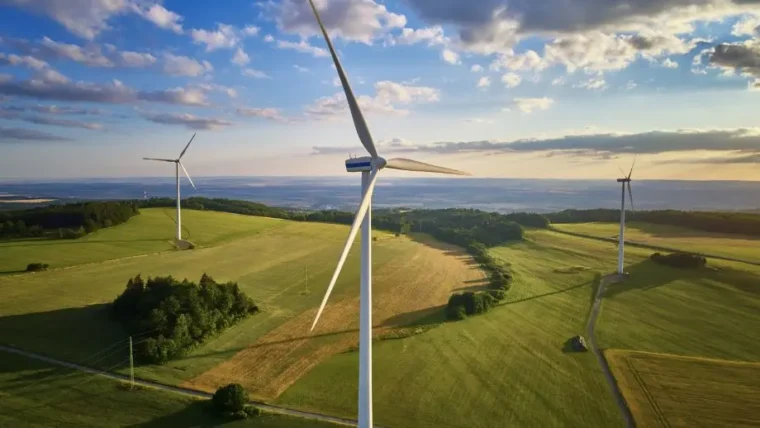The Impact of Food Technology and Policy on Food Security
26 September 2018
Food security, as set out in our previous blog, is composed of 4 different dimensions: food availability, food access, utilisation and stability. Due to it being a multi-faceted issue, there are many factors that can negatively impact food security, including climate change. Globally, climate change will negatively impact food security and exacerbate food insecurity in vulnerable areas, such as sub-Saharan Africa and South Asia.
Due to the complexity of climate change, a single technological advance, engineering solution, policy or agreement will not mitigate its impact on global food security. However, it is widely recognized that the food production systems and the food chain must become fully sustainable. The importance of ensuring global food security and creating sustainable food production systems has led to innovative methods, policies and agreements.
Innovation and Food Security
In Scotland, researchers concerned about the impact of climate change on salmon populations, used drones to map tree heights along the Girnock Burn catchment. The Girnock Burn is a tributary of the River Dee in Aberdeenshire and an active spawning location for adult Atlantic salmon. The purpose of the study was to identify potential tree planting locations to combat the warming of the river due to climate change and ensure the continued success of the salmon populations in this area. This study exemplifies the use of technology to mitigate the impact of climate change on food security.
Other examples of innovation and technology intended to ensure food security are listed in Figure 1. These examples are only aimed at the food availability dimension of food security, but highlight the various developments being made to combat food insecurity and create a more sustainable food system.
Figure 1. Examples of Science, Technology and Innovation for Food Security (The role of science, technology and innovation in ensuring food security by 2030)
The Impact of Policy on Food Security
In 2015, the 17 Sustainable Development Goals (SDGs) were established by world leaders to set the global agenda and replace the expired Millennium Development Goals. Goals 1, 2 and 3 are all aimed at ensuring food security for the global population:
- Goal 1: End poverty in all forms everywhere;
- Goal 2: End hunger, achieve food security and improve nutrition and promote sustainable agriculture;
- Goal 3: Ensure healthy lives and promote wellbeing for all at all ages.
These goals were agreed upon by various countries at the United Nations and ensure that food security, as well as other global issues, are at the forefront of Government’s agenda for policy and regulation.
Climate change will continue to negatively impact food security and exacerbate the issue in already vulnerable areas. It is imperative that governments and organisations work together to find solutions to creating a sustainable food system that is protected from the impacts of climate change. This will require co-operation and coordination between various stakeholders, as well as investment into funding, human capital, knowledge transfers, research and development.









